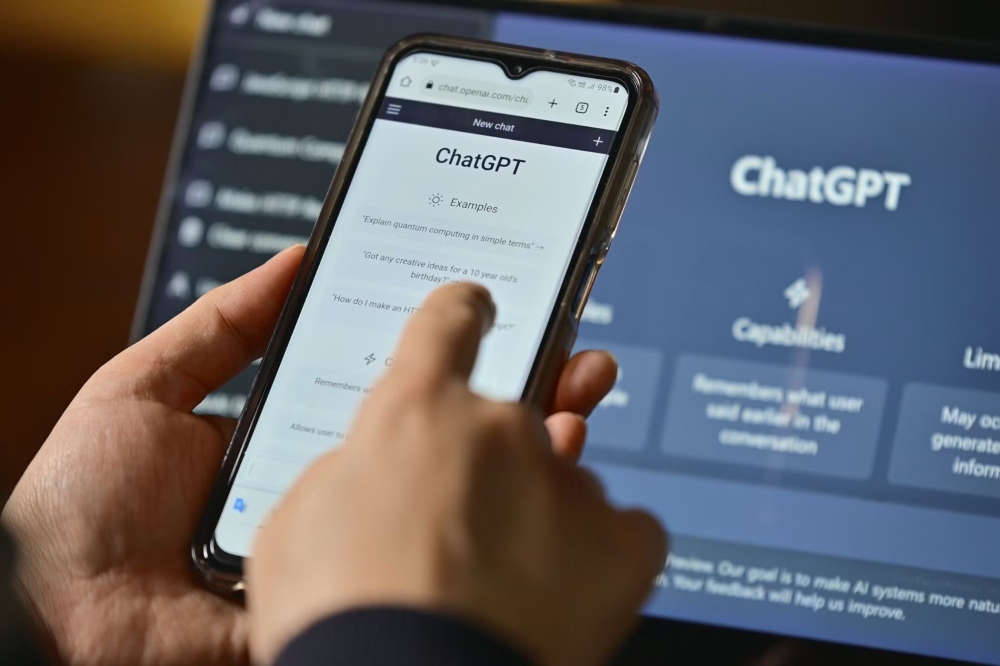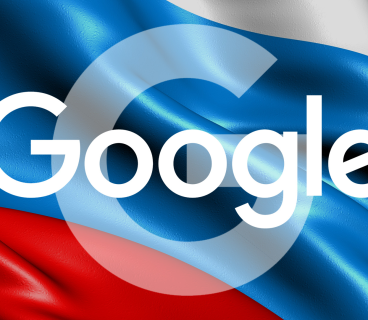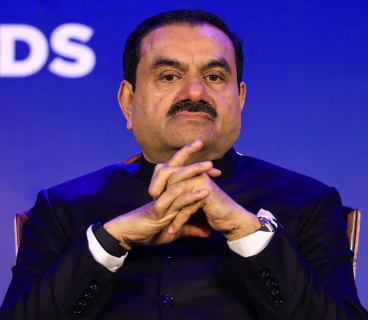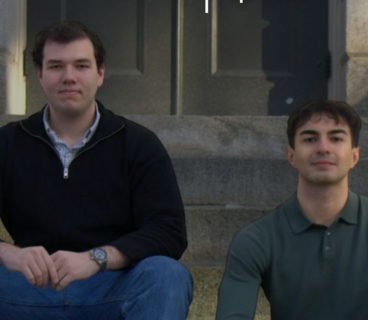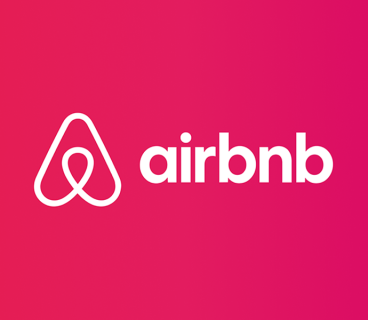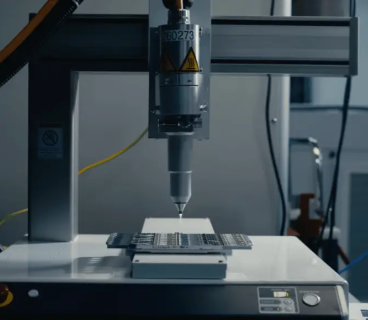Recently, an interesting topic has been widely discussed on social media. ChatGPT has helped identify a medical condition that remained undiagnosed for over 10 years.
Telegram user Sergey Pakhandrin noted that the number of doctors worldwide capable of diagnosing such complex cases is very small—perhaps less than 1%.
The individual involved shared that ChatGPT helped detect a mutation in the MTHFR gene called A1298C, which affects the proper processing of vitamin B12 in the body. Thanks to the information provided by the AI, the person consulted a doctor, who better understood the situation and began appropriate treatment.
Other users have shared similar experiences on social media. They say that diseases undiagnosed for many years, such as labyrinthitis or occipital neuralgia, were uncovered with the help of ChatGPT.
However, medical professionals warn that while AI can assist in diagnosis, it can also make mistakes and should never replace a professional doctor. Especially when it comes to the health of children under 10 years old, consulting a physician is always necessary.
These cases show that artificial intelligence could become a useful tool to support medical diagnosis in the future. Still, users must always discuss AI-generated results with their doctors.
In conclusion, tools like ChatGPT can be helpful in identifying medical problems but are not a substitute for a doctor’s examination. The information provided by AI should be treated as a starting point for further investigation and professional advice.

